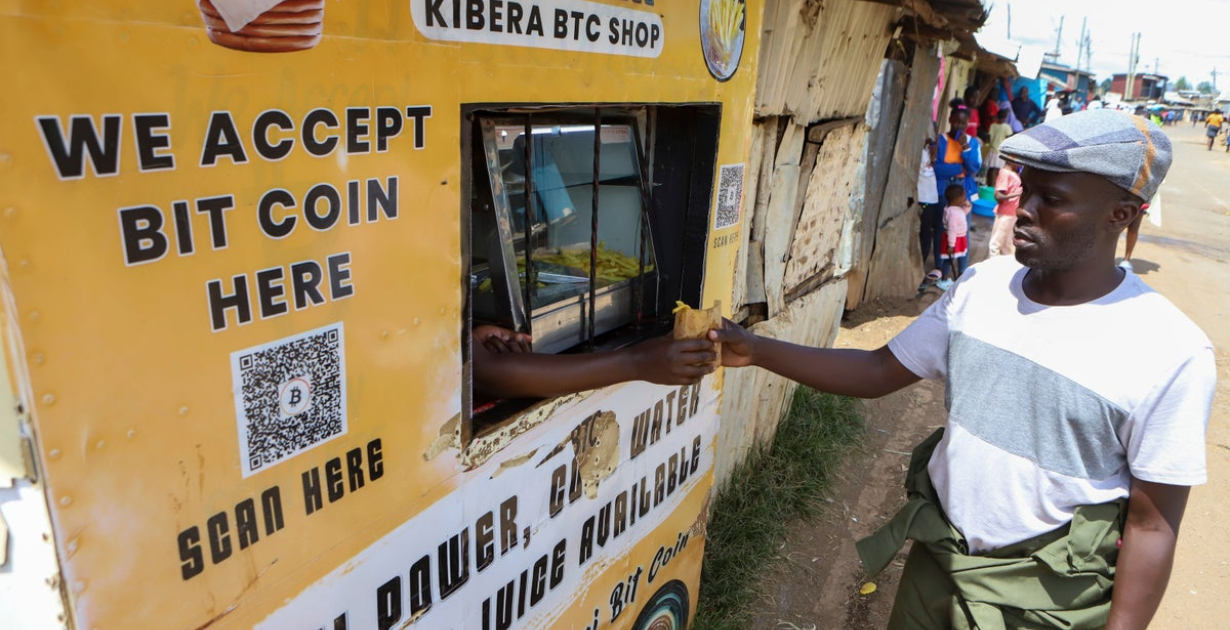Bitcoin Making Its Way into Kibera Slum as Financial Inclusion Gains Momentum
In Nairobi’s Kibera, one of Africa’s largest informal settlements, a silent revolution is taking place, as residents are now utilizing Bitcoin for daily transactions.
The initiative, which is being spearheaded by the local fintech company AfriBit Africa, is revolutionizing the way in which financial tools are accessible to a community that is frequently excluded from traditional banking systems.
The pilot project was initiated earlier this year; however, there has been a significant increase in adoption in recent weeks.
Some local vendors now accept Bitcoin payments for foodstuffs and domestic items, and more than 200 residents have registered for crypto accounts.
The appeal for many is the simplicity of transactions and the capacity to circumvent bank fees.
“It is more efficient and cost-effective than transferring funds through mobile money platforms,” stated Mwikali Odhiambo, a vegetable vendor who has recently introduced Bitcoin support.
Nevertheless, the transition has not been without its obstacles. Critics caution against potential hazards, such as the volatility of cryptocurrency prices and the absence of regulatory supervision.
Nevertheless, community leaders assert that the program is assisting in the bridging of the digital divide by providing residents with information on financial alternatives.
With the assistance of international collaborators, AfriBit intends to extend the initiative to other regions of Nairobi.
The initiative is a bold illustration of how marginalized communities can be empowered by emerging technologies when they are combined with the appropriate education and support.
news via inbox
Get the latest updates delivered straight to your inbox. Subscribe now!




